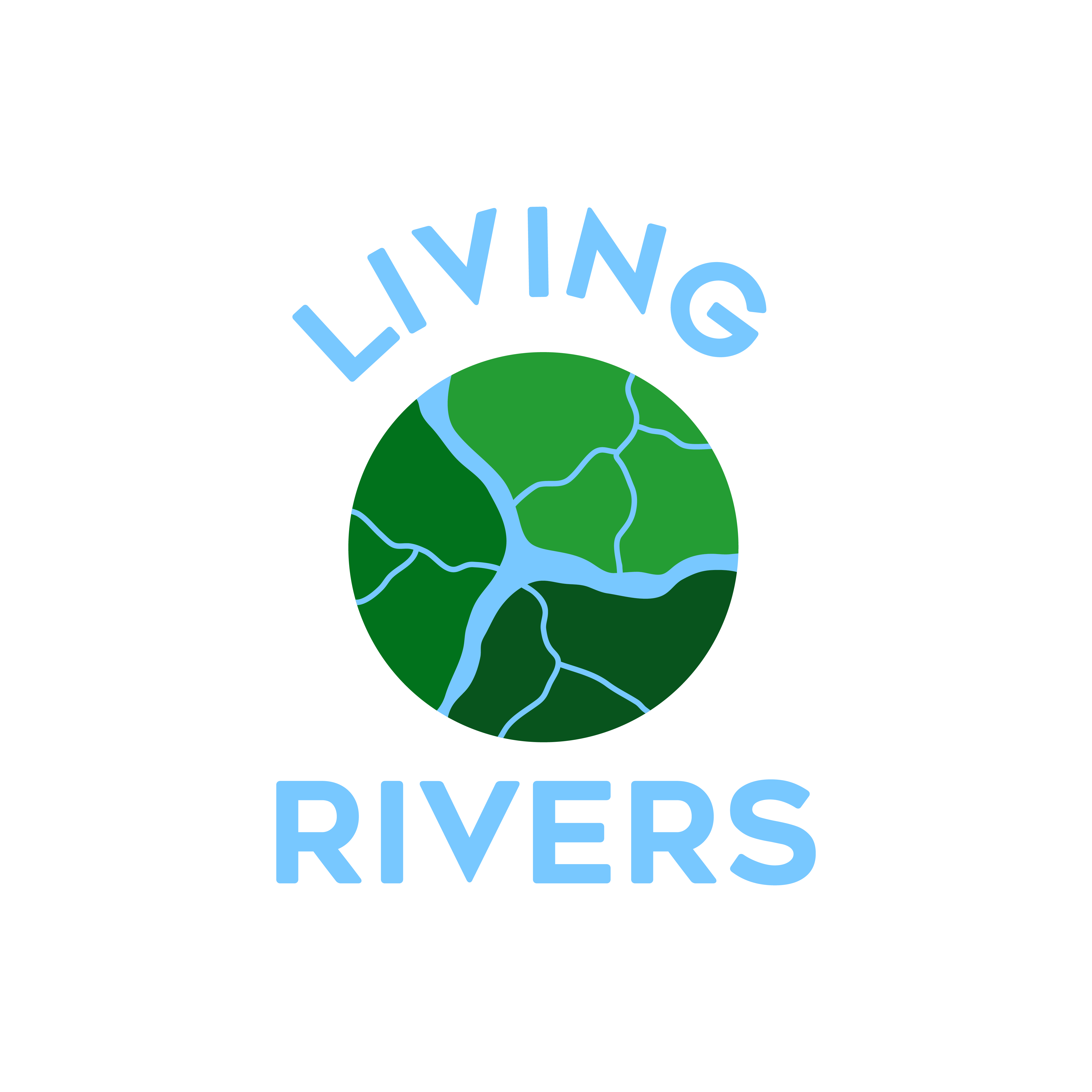From the 30th of August to the 2nd of September 202, the consortium of the LIVING RIVERS project (2021-1-PT01-KA220-ADU-000033405), co-funded by the Erasmus+ Programme, has met for the first training activity to brainstorm on all the variables of the project, to include stakeholder to collaborate, and to work on the next steps for the implementation. All this has been done in the Region of the Paiva River, which is considered one of the cleanest rivers in Europe, and a best practice for environmental and touristic management.
During this training activity, we addressed many different matters on the project for its implementation, and we worked with the whole team.
The Goals were to:
1) Create a cohesive partnership
2) Create a common conceptual and methodological alignment
3) Co-construct the glossary/theoretical-conceptual reference in IO1 and
4) Define the four thematic areas to work on in IO2/IO3.
These goals have been accomplished thanks to 4 days divided into specific workshops for each part, in which every organisation collaborated in order to do its best. The workshops were: 1) Building a comprehensive framework for Rivers’ knowledge: Basic Concepts 2) On Accessibility (coordinated by ASPAYM), 3) On Gamification (led by ASPAYM and Inducar), 4) On Environment and Participation (led by CEIPES) then specific workshops for each Intellectual Output led by the leader of each one. One last activity we’ve done was a sporty excursion within the Paiva River.
We’ve been including different stakeholder, primarily Fabio Galluzzo, Vice-president of MareVivo, one of the most important associations in Italy for environmental protection, and Nicola Rubini, manager of River Cleaning, a startup project on river protection from floating pollution. Both Fabio and Nicola were present for the whole week and collaborated preciously. Moreover, we had the opportunity to meet other local stakeholders as the director of the Geopark Arouca Association which manages the Paiva River and the UNESCO territory where it is based. We thank the stakeholders involved to have collaborated or given feedback, it was precious to understand better how to develop the outputs of the project.
We want to remember here the three main intellectual outputs of LIVING RIVERS and the activities we’ve worked on during this training activity: I-O1) A mobile phone app to enjoy the river and learn how to protect it, through the use of gamification and non-formal education; I-O2) “Environment and participation” – Educational tool kit. An educational toolkit containing a conceptual framework on four different thematic dimensions of sustainability, a collaborative board game, a set of four escape rooms and four workshops. I-O3) “Rivers for all – Participatory web platform. The platform will provide to citizens the opportunity to create an online community taking actions to protect rivers and environment.
To learn more about the project and the next steps, please visit its social accounts: Facebook, Instagram and LinkedIN!

